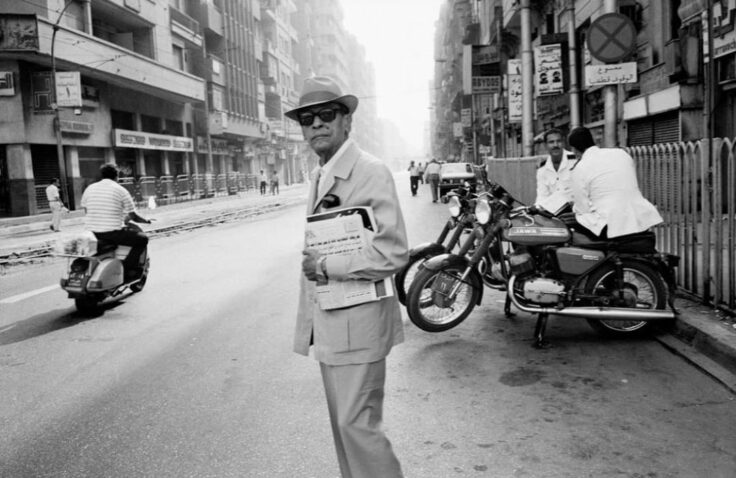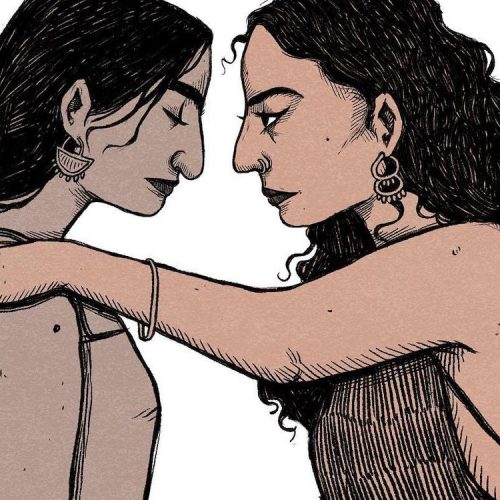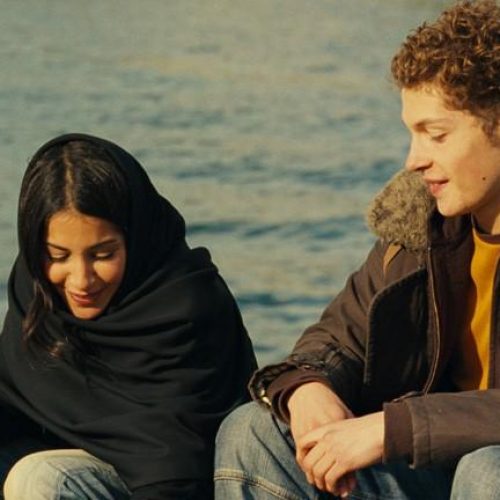Hard to admit as it may be, self-deprecation is one of the realities of growing up Arab. Many, myself included, spend years of their lives feeling ashamed of their origins and never truly embracing their Arab identity.
For over fifteen years of my life, I’ve cultivated the reasons why I didn’t want to be identified as Arab. I told myself, I was different. I believed I was born in the wrong place.
But slowly, I unraveled my colonial mentality, unpacked the internalized cultural inferiority within me. Eventually, everything started to make sense. What I and a lot of my friends had suffered as teenager was more than just weird personality trait. It was the result of years of colonization and homogenization of taste in favour of a western standard.
As I took steps into adulthood, I started to untangle signs of my colonized mind; a few too many to ignore. I had constantly been complaining about the flaws of Arab people, disliking how I look because I don’t fit into western beauty ideals and rejecting local arts and culture.
I’d carried a toxic thought pattern that I was no longer willing to live with. Since then, I have been on a journey to decolonize my mind and free myself from the aftermath of indoctrination. A process that has sparked a roller coaster of emotions along the way. If you’ve gone through the same journey, these are a few things you probably felt along the way. If you’ve yet to, these are a few things you can anticipate.
The guilt
This can take on the form of thinking you are ignorant or unpatriotic to have been self-deprecating about your own culture. You might feel that having a colonial mentality makes you unworthy of your home identity. But it’s important to remember that the impact of colonization is a collective problem and it’s more common than you think.
You don’t know where to start
When you’re actively trying to decolonize your mind, you might feel lost as to which resources and practices you should follow. Because we have been indoctrinated to reject and look down on local arts and culture, we might even think that there isn’t much to explore. But reality speaks differently. Local media, artists, and creative scenes are booming, and home is always a good place to start.
You feel it’s too late or not enough
Mental change is a challenging process and could take a long time. You might be feeling like certain thought patterns are irreversible and have an unbreakable control over your mind but it’s only a matter of time until your thinking habits start to shift. Be patient and remember that it’s a lifetime journey that requires consistent work.
You are overwhelmed by the daily internal fight
Let’s admit it. It’s easier to be conditioned to think than having to reassess your views of the world and actively change them. Every time you catch yourself seeking western validation or feeling an internalized cultural inferiority, you have to be your own critic and guide the change within your thought pattern. It is an emotional labour that you will go through every day.
You feel a disconnect with your old self
Once your thought patterns start changing, your old preferences, tastes and ideas will change too. Thus, you might feel a disconnect with your identity, like you can’t recognize yourself. It’s only normal as you’re breaking a colonial mentality that has been steeped deeply in your mind since childhood.
You feel disappointed about your identity
When you start deciphering colonial, racist or white supremacist natures in western media that you used to admire, feelings of disappointment start creeping in. You might end up feeling uninterested in what you once considered the standard, which can result in an identity crisis.
You lose excitement and mourn your colonial mentality
This is an aftermath of the disappointment you feel towards the western ideals you once had. It’s especially prevalent if you have a colonial mentality due to parasocial interaction (a psychological connection with people in the mass media, particularly on television), which represents a source of feelings like admiration and excitement. When the act of decolonizing bashes those habits, you can feel a sense of longing and mourning for it.









